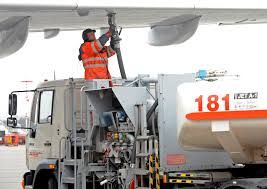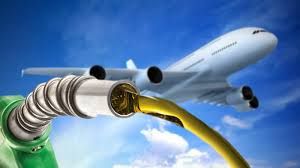Jet fuelis
a specialized type of aviation fuel designed for use in aircraft
with jet engines, including both commercial and military planes.
It is a refined hydrocarbon product derived from crude oil,
specifically engineered to meet the demanding performance and
safety standards required for aviation.


Types of Jet Fuel:
Chemical Composition:
Physical Properties:
Additives:
Safety and Standards:
Environmental Considerations:
Storage and Handling:
Jet fuel is a critical component for modern aviation, enabling the reliable and efficient operation of jet engines and ensuring safe travel in both commercial and military aircraft.
| 国家: | Russia |
| 型号: | - |
| 离岸价格: | 获取最新报价 |
| 位置: | - |
| 最小订单价格: | - |
| 最小订单: | - |
| 包装细节: | - |
| 交货时间: | - |
| 供应能力: | - |
| 付款方式: | - |
| 產品組 : | - |

